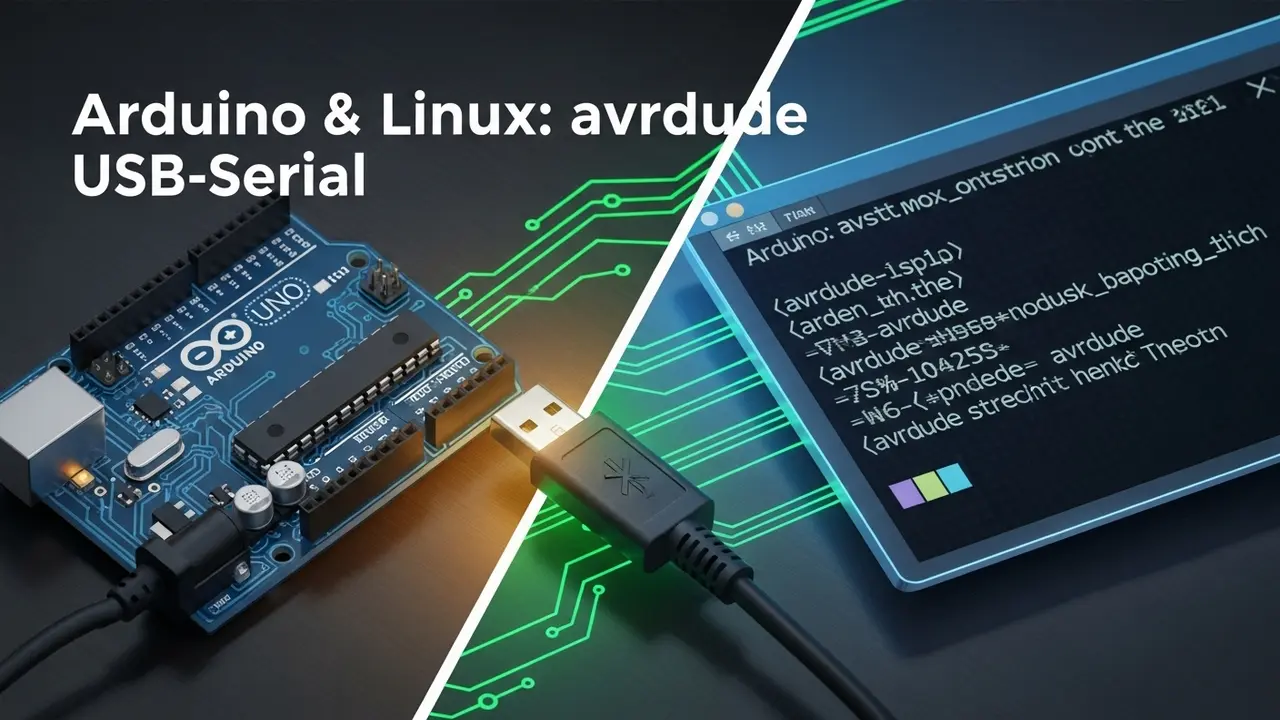- 1 Look, if you’re reading this while a crypto wallet is open on your bedroom Linux laptop, close it right now
- 2 Linux is not your magic shield
- 3 A quick story before the HOW-TO
- 4 Start here, finish over coffee
- 4.1 1. Lock the front door—encrypt while sipping your first coffee
- 4.2 2. Create a “boring” user—your wallet’s bodyguard
- 4.3 3. Build a scary-simple firewall in four commands
- 4.4 4. Stop the clipboard hijack that mimics your every paste
- 4.5 5. Run your wallet in solitary—Firejail’s one-liner magic
- 4.6 6. Three tiny future-proof tweaks
- 5 A sixty-second safety check you can do now
- 6 Hardware wallet > steel argument
- 7 One-weekend upgrade checklist
- 8 Bottom line
Look, if you’re reading this while a crypto wallet is open on your bedroom Linux laptop, close it right now
I watched a friend lose seven Ethereum last year because he copy-and-pasted a single address. That’s $24,000 on one sloppy paste. Thing is, he swore Linux made him “basically bulletproof.” He wasn’t—and you probably aren’t either.
Linux is not your magic shield
Most of us boot up a clean Ubuntu image, run a few sudo apt update commands, and assume we’re good. We are not. While the operating system is great for tinkerers, the parts you didn’t touch—out-of-date LibreSSL, your favorite clipboard manager, even that shiny Discord client—are exactly what attackers crawl for.
A quick story before the HOW-TO
Last spring I helped a buddy troubleshoot zero balance syndrome. He had opened a browser tab, downloaded a “new wallet update,” and keyed his seed phrase on a normal desktop running Pop!_OS. The new wallet was literally a typosquat on GitHub. Linux stopped nothing—the malware ran, the Nano Ledger spoof made him re-enter keys, and boom, balance wiped in under four minutes.
Good news? Three decisions would have saved him:
- Never enter seed words on anything except the hardware wallet’s own screen.
- Run the wallet inside its own airtight sandbox.
- Use a separate user account with zero sudo privileges.
Start here, finish over coffee
1. Lock the front door—encrypt while sipping your first coffee
On install, you clicked “Encrypt home folder.”
That’s okay, but full-disk LUKS encryption is satisfyingly safer. It protects against a stolen laptop or a 3 a.m. roommate with a Live USB.
sudo cryptsetup status /dev/mapper/sda3_cryptIf you see “active,” you’re already ahead. If not—and you care about the money sitting there—backup, reinstall, and take the live-install detour to turn on LUKS.
2. Create a “boring” user—your wallet’s bodyguard
One-line habit, lifetime payoff:
sudo adduser trader --disabled-passwordLog into trader for coins and only for coins. No sudo, no Dropbox folders, no casual surfing allowed.
3. Build a scary-simple firewall in four commands
sudo ufw default deny incoming
sudo ufw default allow outgoing
sudo ufw allow 1194/tcp comment "WireGuard"
sudo ufw enableDone. Every open port now needs an explicit invite.
4. Stop the clipboard hijack that mimics your every paste
Linux makes sshpass and xclip look harmless. Malware loves them.
- Purge any clipboard manager you installed because it was “cool.”
- Verify no clipboard daemons are auto-starting:
systemctl --user list-units | grep clip - Use QR or camera scan to move addresses, never the clipboard.
I once caught a clipboard swap mid-transaction because the proposed address on my Nano’s screen read B…ZxD instead of A…MmF. Ledger stopped me cold. Thank the screen.
5. Run your wallet in solitary—Firejail’s one-liner magic
sudo apt install firejail
firejail --private --net=none electrum
The wallet lives in its own basement. No browsing, no calculator, no power to poke the rest of your computer. Feels paranoid until you sleep better.
6. Three tiny future-proof tweaks
Fail2Ban
sudo apt install fail2ban
sudo systemctl enable --now fail2ban
Blocks brute-force bots poking SSH.
AIDE
sudo apt install aide
sudo aideinit
sudo crontab -e
# add: 0 3 * * * /usr/bin/aide --check | mail -s "AIDE report" you@you.comWoke up to a changed config file? You’ll know at 3:15 a.m.
Daily updates
sudo apt install unattended-upgrades
sudo dpkg-reconfigure -plow unattended-upgradesCoffee break, and your kernel quietly patches itself.
A sixty-second safety check you can do now
- Open terminal and type
w.
If strangers show up in FROM column, peace out—disconnect the box from Wi-Fi and start afresh. - Type
sudo ss -ltnp.
Anything listening on high, random ports you don’t remember installing? find ~ -name "*.wallet" -o -name "*.keys" 2>/dev/null
Move any discovery to encrypted USB.
Pass all three and you can keep reading.
Hardware wallet > steel argument
I’ve dropped laptops in bathtubs. I’ve misplaced paper wallets. Hardware devices? Not once. Budget $65 for a Ledger or Trezor. After that expense, treat every command as “fake or transfer” unless the hardware screen explicitly says otherwise.
One-weekend upgrade checklist
| Saturday morning | Re-install with LUKS, create trader account |
| Saturday afternoon | Firewall, WireGuard, Firejail |
| Sunday afternoon | Hardware wallet integration, test transaction |
| Every Sunday after | sudo apt update && sudo apt full-upgrade |
Bottom line
Linux is cool. Linux with coins is a target. Security is not a flavor choice you skip like pineapple on pizza—it’s the delivery box that keeps the pizza from landing on the lawn. Spend three hours now or months filing police reports later.
And if you still aren’t convinced, there’s CISA’s own guidance—same checklist, bigger words, uglier fonts.







